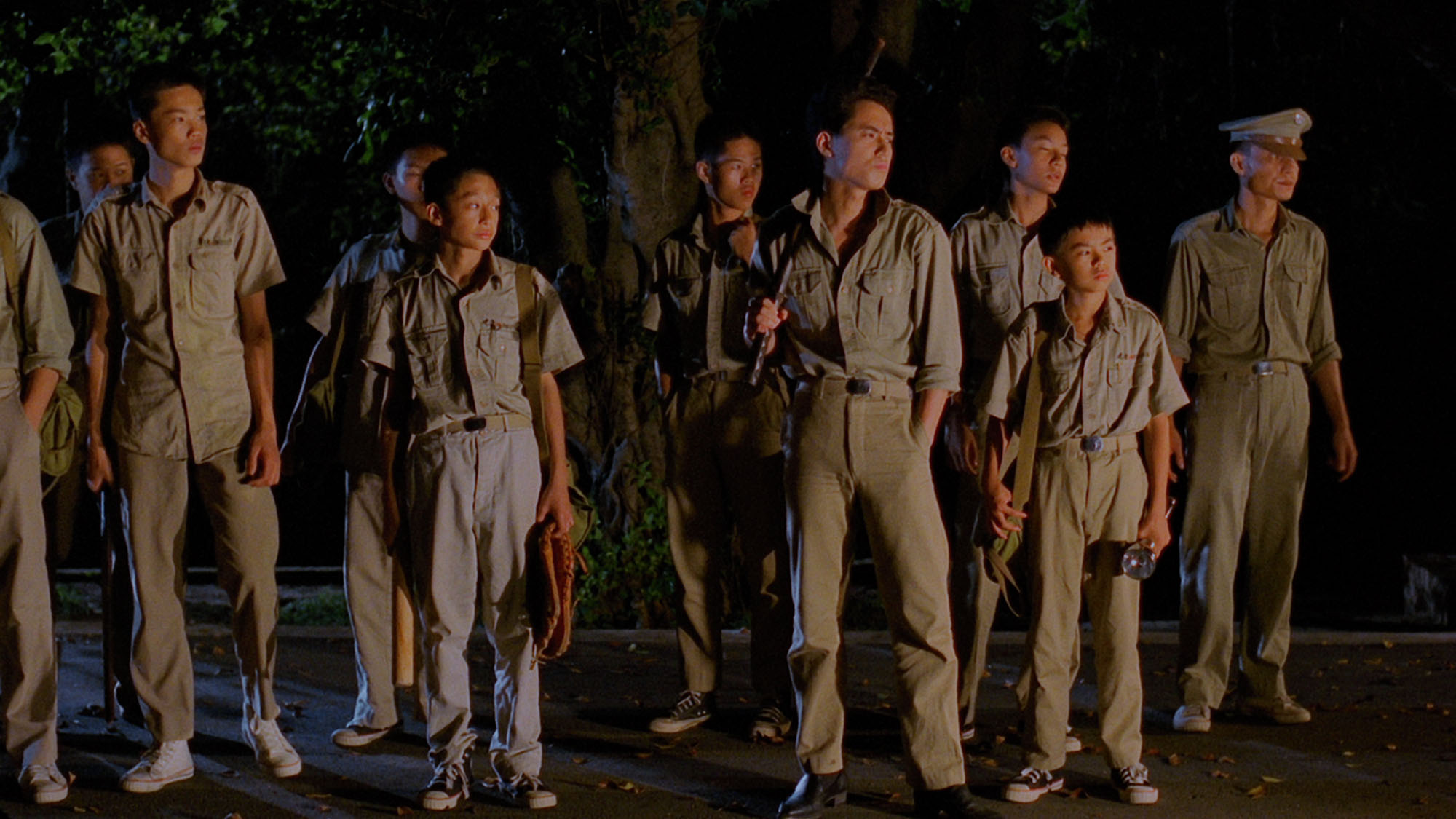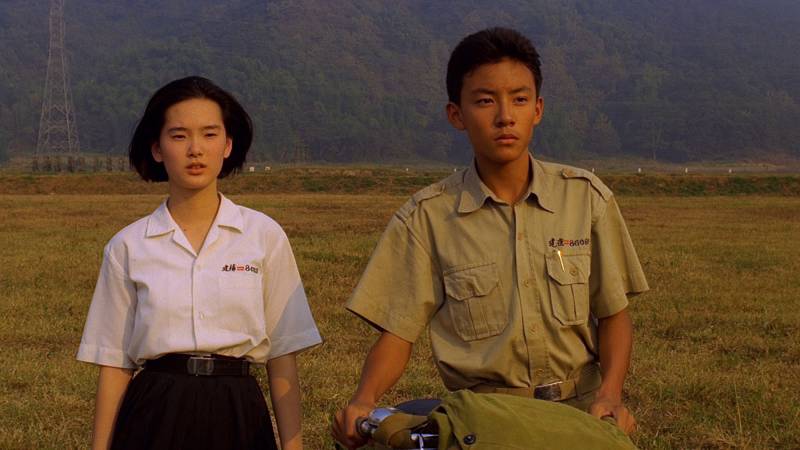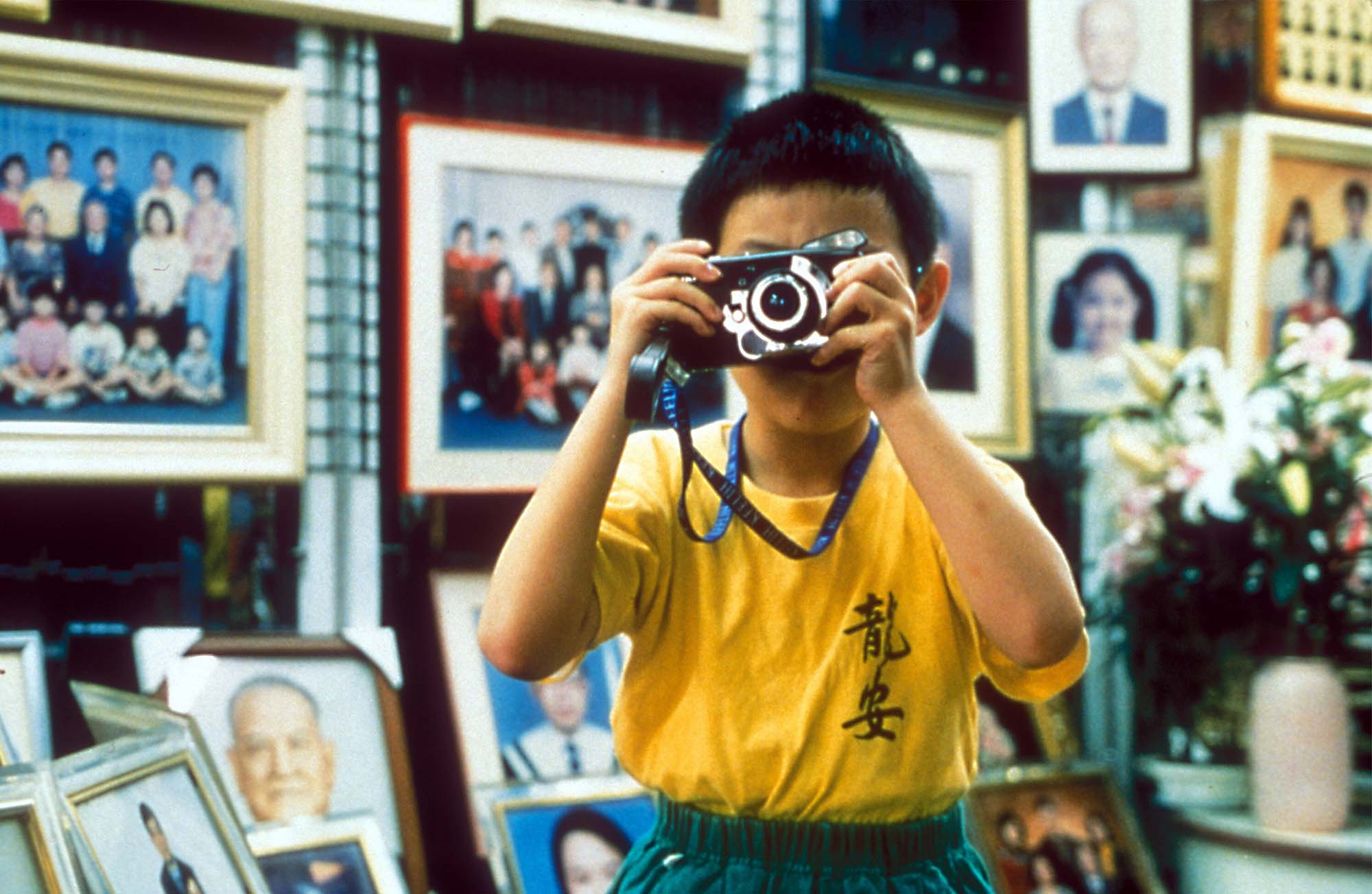When I first started watching A Brighter Summer Day, the Taiwanese filmmaker Edward Yang’s bittersweet chronicle of teenage street gangs in 1960 Taipei, I was more than a little dubious. The film has a four-hour (!) runtime, after all, and my past experiences with Taiwan New Wave cinema — with its long, languid takes and relative lack of dialogue — had been middling at best.
I needn’t have worried. From its opening moments, the film transfixed me with its slow-simmering portrayal of rebellious, misunderstood and (sometimes) delinquent youths who roam the streets of Taipei during a particularly uneasy time in Taiwan’s history. Occasionally, the kids are brawling with concrete bricks and baseball bats. In other scenes, though, they’re eating shaved ice on a hot summer day. Crooning American rock ‘n’ roll ballads with the voice of an angel. Falling in love for the first time.
The film is screening on March 23 at Berkeley Art Museum and Pacific Film Archive, which is a few weeks into a months-long series, Edward Yang’s Taipei Stories, during which they’ll show all seven films that the legendary director made before he died in 2007. Taken together, the series makes a compelling case for what many film buffs, including BAMPFA Associate Film Curator Kate MacKay, have concluded: that Yang was “one of the all-time greats of cinema.”





